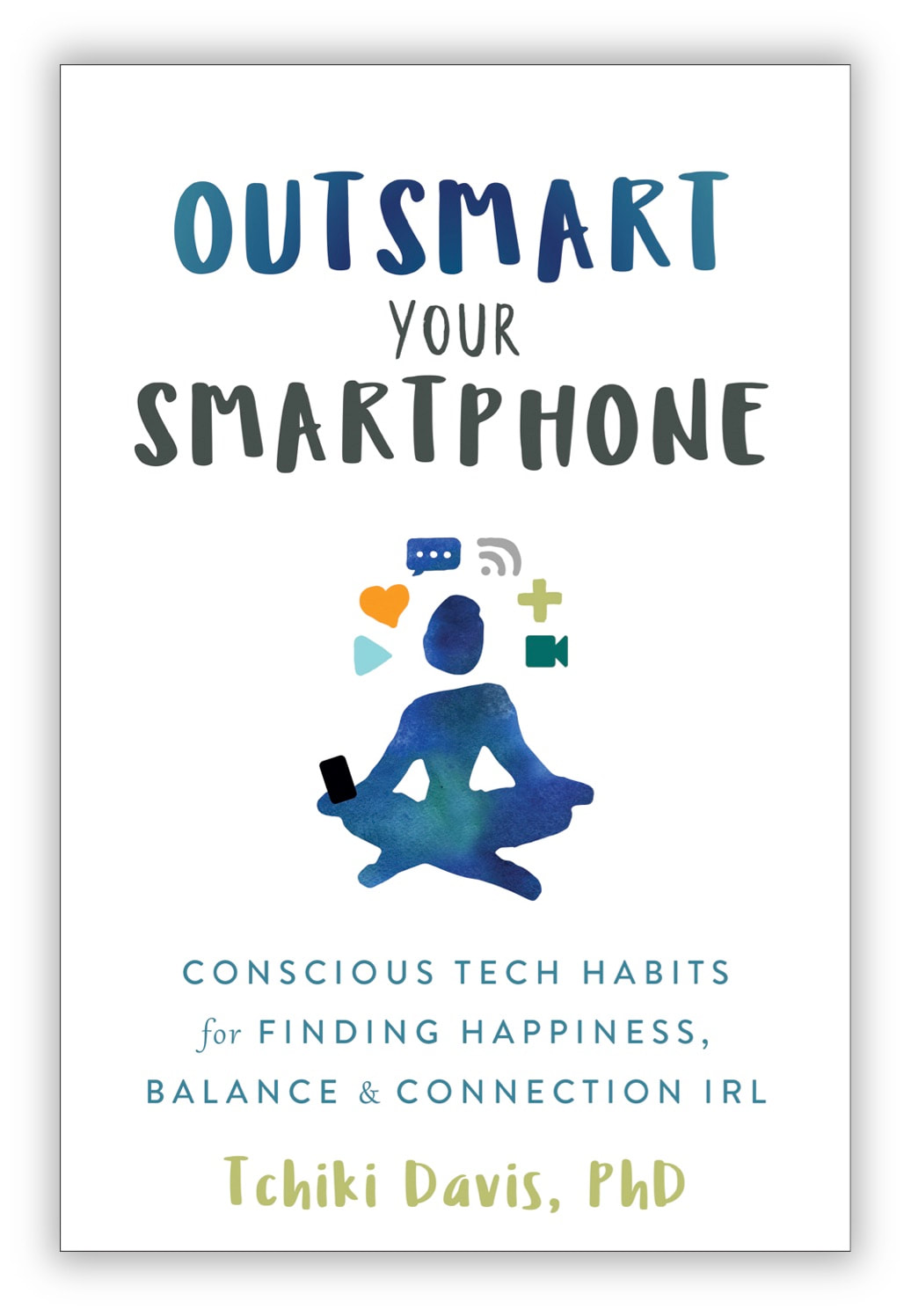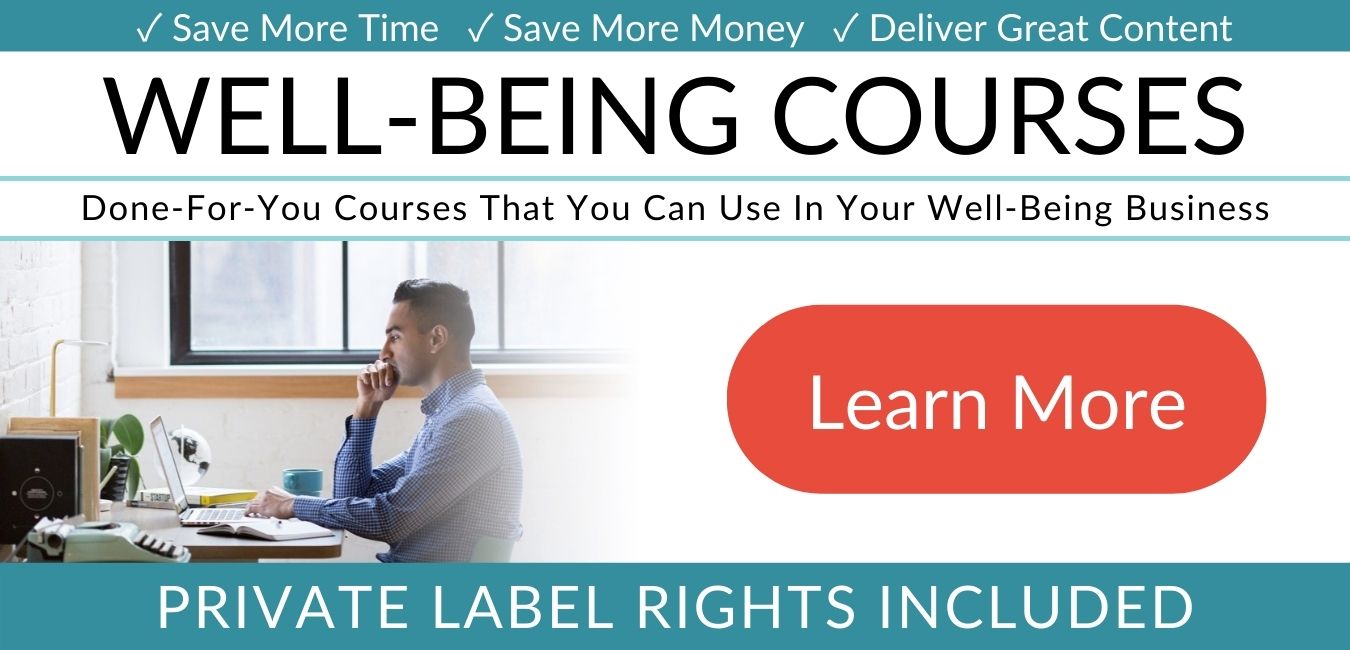Relaxation Techniques: 21 Ways to Undo Stress and RelaxFeeling wired? Need to short-circuit your stress and just relax already? Here are a bunch of science-based strategies to help you relax and feel less anxious.
*This page may include affiliate links; that means I earn from qualifying purchases of products.
What Are Relaxation Techniques?Relaxation techniques include any strategy that you can implement in your life to have greater relaxation and lower stress. There are actually tons of things we can do to relax and induce a sense of calm in our bodies. So in this article, we'll talk about a variety of relaxation techniques so that you can choose the ones that you think will work best for you.
Need a “Quick Calm” Before We Start? Try This 3-Minute Relaxation Video:Why Might We Need Relaxation Techniques?We're glued to our phones 24-7, overwhelmed by work, and nervous about the future of our country or the planet. For these reasons and more, stress has become an epidemic in America. Stress is the full-body response that occurs in response to what we call a stressor—or some event that we perceive as threatening.
Stress includes activation of the sympathetic nervous system, the release of cortisol, and the release of the catecholamines norepinephrine and epinephrine. The adrenal glands then must turn off cortisol to help us get back to normal [1]. But when we're chronically stressed, our bodies have a harder time turning off the stress signals. So many of us are in great need of strategies to help us relax. (Grab this at-home test to test your cortisol levels). Here are 21 relaxation techniques you can use to induce a sense of calm. Are You a Therapist, Coach, or Wellness Entrepreneur?
Grab Our Free eBook to Learn How to
|
Relaxation Technique 8. Outsmart Your SmartphoneThese days we’re on our phones 24-7. But we have to be careful because spending too much time on our phones or the Internet is associated with higher levels of depression and anxiety. But don't worry, if we implement good psychological habits while on our phones, they don't have to stress us out. You can learn how to outsmart your smartphone and develop a relationship with technology that helps you feel better.
|
Relaxation Technique 9. Try Getting Massages
We know anecdotally that massages are relaxing. But the research supports it. For example, in one study, 10, 30-minute massage therapy sessions over five weeks led to lower cortisol [7]. This suggests that massages can help us relax in both the short and longer term.
Relaxation Technique 10. Use Breathing Techniques
We can also increase relaxation by activating the parasympathetic nervous system. The parasympathetic nervous system is largely responsible for stopping our fight or flight responses and helping us to regain a sense of calm.
One of the easiest ways to activate the parasympathetic nervous system is with deep breathing. Although there are lots of breathing techniques that can increase relaxation, SKY breathing—a technique involving cycling slow breathing (2-4 breaths per minute) then fast (30 breaths per minute), then three long “Om”s, or a long vibrating exhale—has been shown to lower anxiety [8].
One of the easiest ways to activate the parasympathetic nervous system is with deep breathing. Although there are lots of breathing techniques that can increase relaxation, SKY breathing—a technique involving cycling slow breathing (2-4 breaths per minute) then fast (30 breaths per minute), then three long “Om”s, or a long vibrating exhale—has been shown to lower anxiety [8].
Video: 3 Breathing Techniques for Relaxation
Relaxation Technique 11. Try Not to Imagine Worst Case Scenarios
When we want to solve a problem, we sometimes think about the worst case scenario. If we know how bad it can get, we assume we'll be more prepared, but in fact, we just make it hard to de-stress and relax. We feel more upset, anxious, or overwhelmed. So try not to imagine the worst and instead try to imagine the best.
Relaxation Technique 12. Derail Rumination
Do you get stuck wondering what went wrong in the past or worrying about the future? You're ruminating. How are you ever supposed to relax with all these thoughts buzzing in your head? To stop rumination, you just need to short-circuit your thoughts. We can do this by activating the parasympathetic nervous system.
When we activate the parasympathetic nervous system, it can stop the stress response and the mind can start to cool down into a place of calm. You could go for a high-intensity run. Or, if it's late in the evening, try to shift your thoughts with a guided meditation like the one in the video below.
When we activate the parasympathetic nervous system, it can stop the stress response and the mind can start to cool down into a place of calm. You could go for a high-intensity run. Or, if it's late in the evening, try to shift your thoughts with a guided meditation like the one in the video below.
Relaxation Technique 13. Take a Cold Shower or Swim
One of the best ways to relax fast is to submerge yourself in cold water—a lake, ocean, river, bath, or shower. This activates the parasympathetic nervous system. Research has shown that spending 20 minutes in ~80-degree Fahrenheit (26 degrees Celsius) water significantly increased parasympathetic activity [9]. So, if you’re in need of a fast calm boost, give this relaxation technique a try. Check out the Wim Hof Method to learn more.
Relaxation Technique 14. Use Cognitive Reappraisal
Reappraisal can help us reinterpret a stressful situation in a way that helps us feel calmer. We can improve our reappraisal skills with practice. Just reappraise the stressful situation by listing things that are good in the situation and by generating gratitude that things aren't worse.
Relaxation Technique 15. Consume Fewer Catechols
When we are stressed, our bodies release catechols like norepinephrine and epinephrine [1]. The catechol-O-methyltransferase (COMT) gene removes these from your body. But if your body is busy removing catechols from foods you've eaten, it'll take longer to reduce these hormones in your body.
That’s why limiting the number of catechols in our body can be helpful for relaxation. Foods rich in catechols include green/black tea, coffee, chocolate, caffeine, and anything with quercetin in it [10].
That’s why limiting the number of catechols in our body can be helpful for relaxation. Foods rich in catechols include green/black tea, coffee, chocolate, caffeine, and anything with quercetin in it [10].
Relaxation Technique 16. Eat Foods That Promote Relaxation
Foods naturally rich in magnesium and zinc are thought to help us feel calmer. Foods like salmon, which are high in omega-3 fatty acids, and foods like sauerkraut or kefir, which are high in probiotics, appear to help reduce anxiety, at least in some people [11]. But caffeine just sets you up to be unable to relax. So make sure you get these key nutrients, eat healthfully, and avoid caffeinated beverages.
Relaxation Technique 17. Take Online Courses to Learn New Relaxation Skills
In addition to self-help books, online courses can teach us skills that can help us manage our stress and increase relaxation.
Relaxation Technique 18. Sleep
You already know just how important sleep is for human functioning. But sleep is super important for reducing stress and increasing relaxation as well. Lack of sleep can contribute to anxiety and higher levels of stress hormones like norepinephrine and epinephrine [12]. So sleep well and sleep often.
Relaxation Technique 19. Exercise Outdoors
Getting exercise and going outdoors have been shown to improve well-being. Exercise increases parasympathetic activity over time. Plus, nature is a great relaxation booster. So get outside and run around a bit.
Relaxation Technique 20. Get a Coloring Book
Adult coloring books have been shown to reducing anxiety, as long as they are sufficiently complex [13]. So if you’re looking for a creative way to relax, try coloring for calmness.
Relaxation Technique 21. Be Self-Compassionate
Being self-compassionate and attentive to your positive qualities can help you stay centered in yourself and may help you relax. Besides, all being hard on yourself does is cause extra stress. So give yourself a break and help yourself relax more easily.
Articles Related to Relaxation Techniques
Want to learn more about relaxation techniques? Check out these articles:
Books Related to Relaxation Techniques
If you’d like to keep learning more about relaxation techniques, here are a few books that you might be interested in.
Final Thoughts on Relaxation Techniques
There are so many relaxation techniques you could try. But don't feel like you have to try them all at once. In time, maybe you'll try them all, but for now, just do whatever works for you.
Don't Forget to Grab Our Free eBook to Learn How to
Grow Your Wellness Business Exponentially!
References
1. Charmandari, E., C. Tsigos, and G. Chrousos, Endocrinology of the stress response. Annu. Rev. Physiol., 2005. 67: p. 259-284.
2. Greeson, J. and J. Brantley, Mindfulness and anxiety disorders: Developing a wise relationship with the inner experience of fear, in Clinical handbook of mindfulness. 2009, Springer. p. 171-188.
3. Khalfa, S., et al., Effects of relaxing music on salivary cortisol level after psychological stress. ANNALS-NEW YORK ACADEMY OF SCIENCES, 2003. 999: p. 374-376.
4. Thirthalli, J., et al., Cortisol and antidepressant effects of yoga. Indian journal of psychiatry, 2013. 55(Suppl 3): p. S405.
5. Fredrickson, B.L., et al., The undoing effect of positive emotions. Motivation and emotion, 2000. 24(4): p. 237-258.
6. Krajewski, J., M. Sauerland, and R. Wieland, Relaxation‐induced cortisol changes within lunch breaks–an experimental longitudinal worksite field study. Journal of Occupational and Organizational Psychology, 2011. 84(2): p. 382-394.
7. Field, T., et al., Cortisol decreases and serotonin and dopamine increase following massage therapy. International Journal of Neuroscience, 2005. 115(10): p. 1397-1413.
8. Zope, S.A. and R.A. Zope, Sudarshan kriya yoga: Breathing for health. International journal of yoga, 2013. 6(1): p. 4.
9. Mourot, L., et al., Cardiovascular autonomic control during short-term thermoneutral and cool head-out immersion. Aviation, space, and environmental medicine, 2008. 79(1): p. 14-20.
10. Singh, B., et al., Dietary quercetin exacerbates the development of estrogen-induced breast tumors in female ACI rats. Toxicology and applied pharmacology, 2010. 247(2): p. 83-90.
11. Hilimire, M.R., J.E. DeVylder, and C.A. Forestell, Fermented foods, neuroticism, and social anxiety: An interaction model. Psychiatry research, 2015. 228(2): p. 203-208.
12. Zhang, J., et al., Relationship of sleep quantity and quality with 24-hour urinary catecholamines and salivary awakening cortisol in healthy middle-aged adults. Sleep, 2011. 34(2): p. 225-233.
13. Curry, N.A. and T. Kasser, Can coloring mandalas reduce anxiety? Art Therapy, 2005. 22(2): p. 81-85.
2. Greeson, J. and J. Brantley, Mindfulness and anxiety disorders: Developing a wise relationship with the inner experience of fear, in Clinical handbook of mindfulness. 2009, Springer. p. 171-188.
3. Khalfa, S., et al., Effects of relaxing music on salivary cortisol level after psychological stress. ANNALS-NEW YORK ACADEMY OF SCIENCES, 2003. 999: p. 374-376.
4. Thirthalli, J., et al., Cortisol and antidepressant effects of yoga. Indian journal of psychiatry, 2013. 55(Suppl 3): p. S405.
5. Fredrickson, B.L., et al., The undoing effect of positive emotions. Motivation and emotion, 2000. 24(4): p. 237-258.
6. Krajewski, J., M. Sauerland, and R. Wieland, Relaxation‐induced cortisol changes within lunch breaks–an experimental longitudinal worksite field study. Journal of Occupational and Organizational Psychology, 2011. 84(2): p. 382-394.
7. Field, T., et al., Cortisol decreases and serotonin and dopamine increase following massage therapy. International Journal of Neuroscience, 2005. 115(10): p. 1397-1413.
8. Zope, S.A. and R.A. Zope, Sudarshan kriya yoga: Breathing for health. International journal of yoga, 2013. 6(1): p. 4.
9. Mourot, L., et al., Cardiovascular autonomic control during short-term thermoneutral and cool head-out immersion. Aviation, space, and environmental medicine, 2008. 79(1): p. 14-20.
10. Singh, B., et al., Dietary quercetin exacerbates the development of estrogen-induced breast tumors in female ACI rats. Toxicology and applied pharmacology, 2010. 247(2): p. 83-90.
11. Hilimire, M.R., J.E. DeVylder, and C.A. Forestell, Fermented foods, neuroticism, and social anxiety: An interaction model. Psychiatry research, 2015. 228(2): p. 203-208.
12. Zhang, J., et al., Relationship of sleep quantity and quality with 24-hour urinary catecholamines and salivary awakening cortisol in healthy middle-aged adults. Sleep, 2011. 34(2): p. 225-233.
13. Curry, N.A. and T. Kasser, Can coloring mandalas reduce anxiety? Art Therapy, 2005. 22(2): p. 81-85.
Are You a Therapist, Coach, or Wellness Entrepreneur?
Grab Our Free eBook to Learn How to Grow Your Wellness Business Fast!






